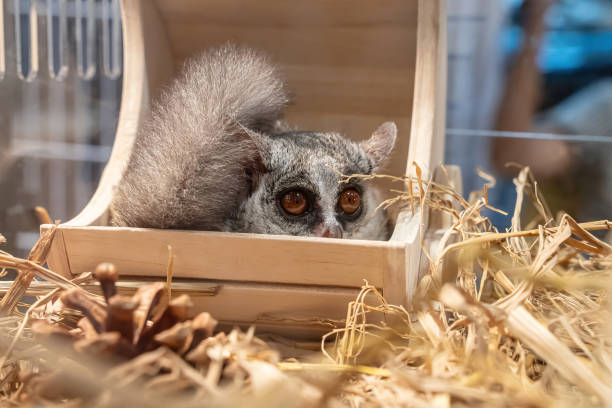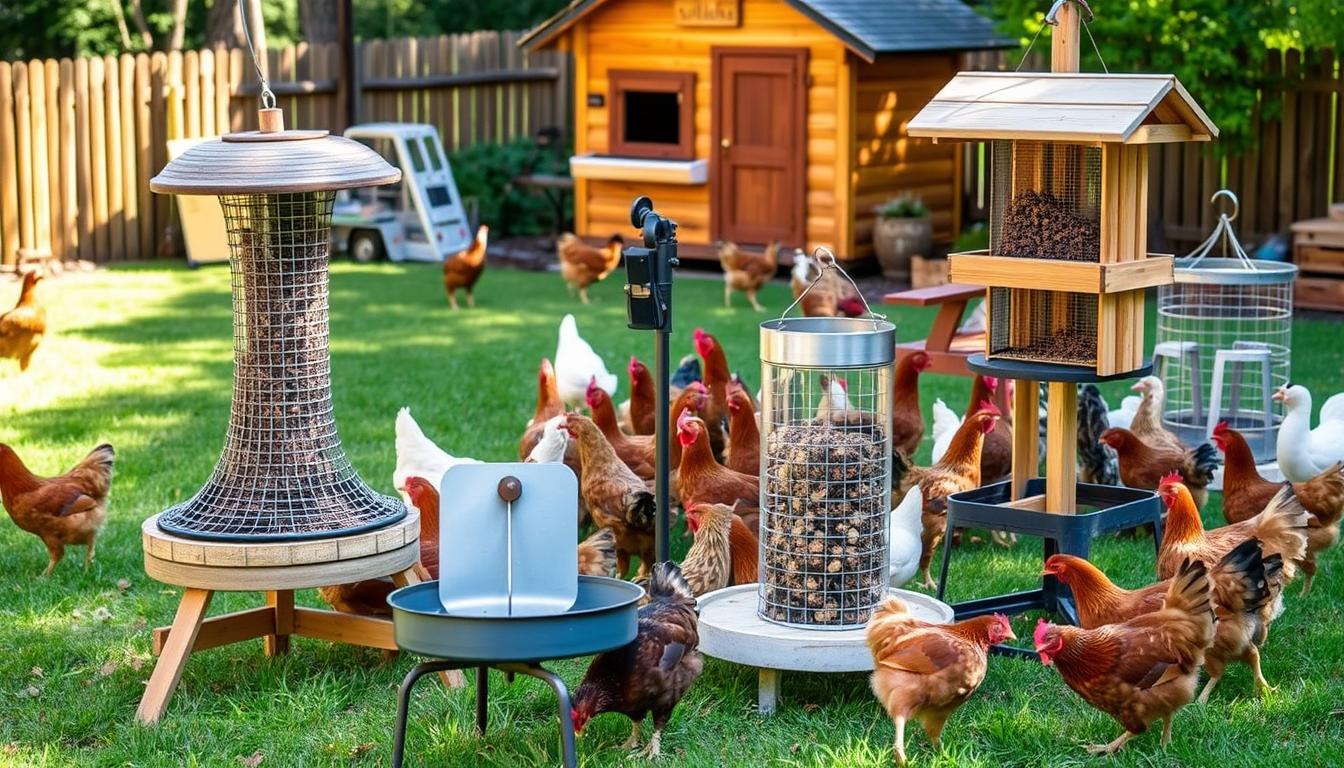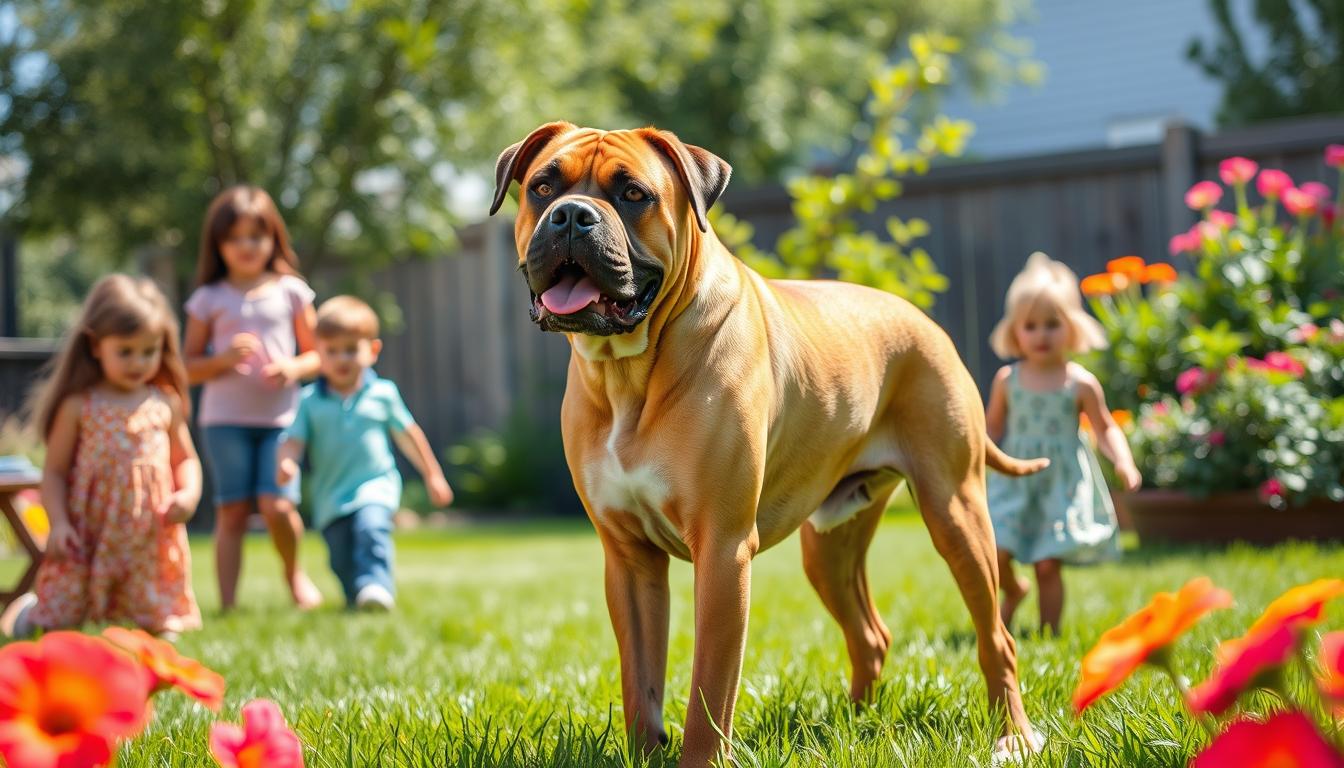Bushbaby Pets: The Adorable Nocturnal Creatures Everyone is Talking About

Introduction
Bushbabies, also known as galagos, are small, nocturnal primates that have recently captured the hearts of exotic pet enthusiasts around the world. With their large, round eyes, soft fur, and endearing behavior, these tiny creatures are quickly becoming the latest trend in the world of unique pets. But what exactly makes bushbabies so special, and why is everyone talking about them? In this article, we’ll delve into the world of bushbaby pets, exploring their characteristics, care needs, and what it takes to make these adorable animals a part of your home.

What are Bushbabies?
Bushbabies belong to the family Galagidae and are native to the forests and woodlands of Africa. There are several species of bushbabies, with the most commonly known being the Senegal bushbaby (Galago senegalensis). These small primates are known for their agility, excellent jumping ability, and their distinctive, wide-eyed appearance that is perfectly adapted for their nocturnal lifestyle.
In the wild, bushbabies are arboreal, meaning they live in trees, where they can leap from branch to branch with ease. Their diet primarily consists of insects, fruit, and tree gum, which they gather with their long, slender fingers. These nocturnal creatures are active mainly at night, using their keen sense of hearing and large eyes to navigate in the dark.
The Rise in Popularity of Bushbaby Pets
Bushbabies have recently seen a surge in popularity as exotic pets, largely due to their unique appearance and behaviors. Social media platforms have played a significant role in this trend, with videos and photos of bushbabies captivating audiences worldwide. Their large eyes and cute expressions make them particularly appealing to those looking for a pet that stands out from the usual dogs and cats.
Celebrity endorsements and media coverage have also contributed to the bushbaby craze. As more people share their experiences of owning these adorable primates, the demand for bushbabies as pets continues to grow.
Behavioral Traits of Bushbabies
Bushbabies are known for their nocturnal habits, which means they are most active during the night. This can be a challenge for potential pet owners who are not night owls, as bushbabies may spend their nights exploring, playing, and vocalizing. Their vocalizations can range from chirps and clicks to louder calls, which they use to communicate with one another.
In the wild, bushbabies are social animals that often live in small groups. However, in captivity, their behavior can differ significantly. While they may bond with their human caregivers, they can also be quite shy and reserved, particularly with strangers. Understanding their natural behaviors is crucial for anyone considering adopting a bushbaby.
Are Bushbabies Suitable Pets?
Owning a bushbaby is not for everyone. These creatures require a significant amount of care, attention, and specialized knowledge to thrive in captivity. Their temperament is generally gentle, but they can be skittish and may not be as affectionate as more traditional pets. Additionally, their nocturnal nature means that they may not be active or engaging during the day, which could be disappointing for some owners.
Bushbabies also need ample space to climb and jump, as these activities are essential for their physical and mental well-being. A large, secure enclosure with plenty of vertical space is necessary to accommodate their natural behaviors. Compared to other exotic pets, bushbabies may be more challenging to care for, making them better suited for experienced exotic pet owners.
Caring for a Bushbaby
Proper care is essential to keeping a bushbaby healthy and happy. Their diet should mimic what they would eat in the wild, including a variety of insects, fruits, and tree gums. In captivity, this can be supplemented with specially formulated diets for primates. Fresh water should always be available, and their diet should be monitored to ensure they receive all necessary nutrients.
Creating a suitable habitat for a bushbaby involves providing plenty of climbing opportunities, such as branches, ropes, and platforms. Enrichment items like toys and foraging opportunities can help keep them mentally stimulated. Since bushbabies are nocturnal, their enclosure should also offer hiding spots where they can rest during the day.

Legal Considerations
Before acquiring a bushbaby, it’s important to understand the legal implications of owning an exotic pet. Laws and regulations regarding exotic pet ownership vary widely depending on where you live. In some regions, owning a bushbaby may be illegal or require special permits. It’s essential to research local laws and ensure that you are in compliance before bringing a bushbaby into your home.
Ethical factors should also be considered carefully.
Bushbabies are wild animals, and their popularity as pets can have negative impacts on their populations in the wild. Conservation status and the potential for illegal trade should be considered before deciding to own a bushbaby.
Pros and Cons of Owning a Bushbaby
Pros:
Unique and adorable appearance
Fascinating behaviors
Low-maintenance diet
Cons:
Nocturnal habits may disrupt sleep schedules
Requires a large, secure enclosure
Can be challenging to bond with
Legal and ethical concerns
Bushbaby Health Issues
Like all pets, bushbabies can be prone to certain health issues. Common illnesses in bushbabies include respiratory infections, dental problems, and parasites. Regular check-ups with a veterinarian experienced in exotic animals are essential to monitor their health and catch any issues early.
Signs of distress or illness in a bushbaby can include changes in appetite, lethargy, sneezing, or abnormal behavior. It’s important to seek veterinary care immediately if any of these symptoms are observed.
Training and Socializing Your Bushbaby
Training a bushbaby requires patience and consistency. While they are intelligent animals, their natural behaviors can make training a challenge. Positive reinforcement techniques, such as offering treats or praise for desired behaviors, can be effective.
Socializing a bushbaby with humans and other pets should be done gradually. Since they are naturally shy, it may take time for them to feel comfortable in new situations. Providing a calm and quiet environment can help ease the process.
Bushbaby Interaction with Other Pets
Bushbabies can coexist with other pets, but careful supervision is necessary. Their small size and delicate nature make them vulnerable to injury, especially in the presence of larger animals like dogs or cats. It’s important to introduce them to other pets slowly and monitor their interactions closely to ensure everyone remains safe.
Myths and Misconceptions About Bushbabies
There are several myths surrounding bushbabies that can lead to misunderstandings about their care and behavior. For example, some people believe that bushbabies are easy to care for because of their small size, but they actually require a significant amount of time and resources to keep healthy and happy.
Another common misconception is that bushbabies can be easily tamed or trained to behave like domestic pets. While they can bond with their owners, they retain many of their wild instincts and may never fully adapt to life in captivity.
Where to Get a Bushbaby
If you’re set on owning a bushbaby, it’s crucial to obtain one from a reputable source. Avoid illegal trade and unethical sellers who may be contributing to the decline of wild populations. Instead, look for breeders or adoption centers that prioritize the health and well-being of their animals.
Bushbabies can be expensive to purchase and maintain, so it’s important to consider the financial commitment involved. In addition to the initial cost of the animal, you’ll need to budget for their enclosure, diet, veterinary care, and other expenses.
Frequently Asked Questions (FAQs) About Bushbabies
Are bushbabies good pets for beginners?
Bushbabies are better suited for experienced exotic pet owners due to their specialized care needs.
How long do bushbabies live in captivity?
With proper care, bushbabies can live up to 10-15 years in captivity.
What do bushbabies eat?
Bushbabies primarily eat insects, fruits, and tree gums. Their diet in captivity should reflect these natural food sources.
Can bushbabies be left alone during the day?
Yes, since bushbabies are nocturnal, they are typically inactive during the day and can be left alone.
What are the signs of a healthy bushbaby?
A healthy bushbaby is active, has a good appetite, clear eyes, and smooth fur. Regular veterinary check-ups are important to ensure their well-being.
Conclusion
Bushbabies are undeniably adorable and fascinating creatures that have captured the interest of many exotic pet enthusiasts. However, owning a bushbaby is not a decision to be taken lightly. These nocturnal primates require specialized care, a suitable environment, and a deep understanding of their natural behaviors. Before deciding to bring a bushbaby into your home, it’s crucial to thoroughly research and consider the long-term commitment involved. If you’re up for the challenge, a bushbaby can be a unique and rewarding addition to your life.



